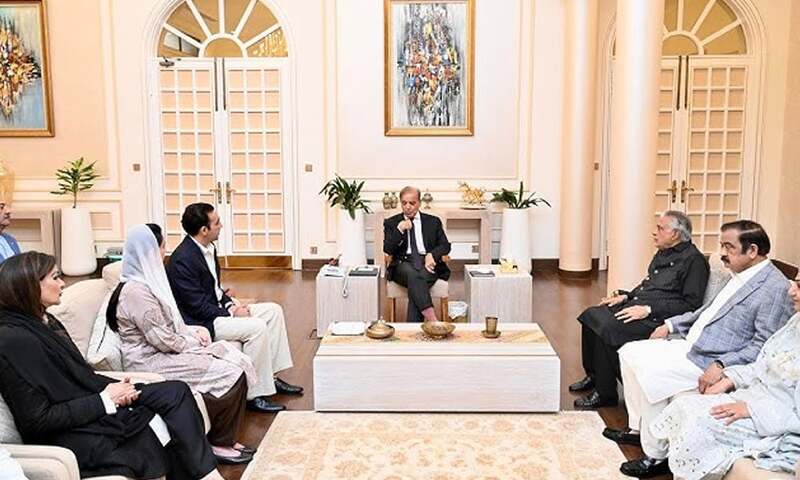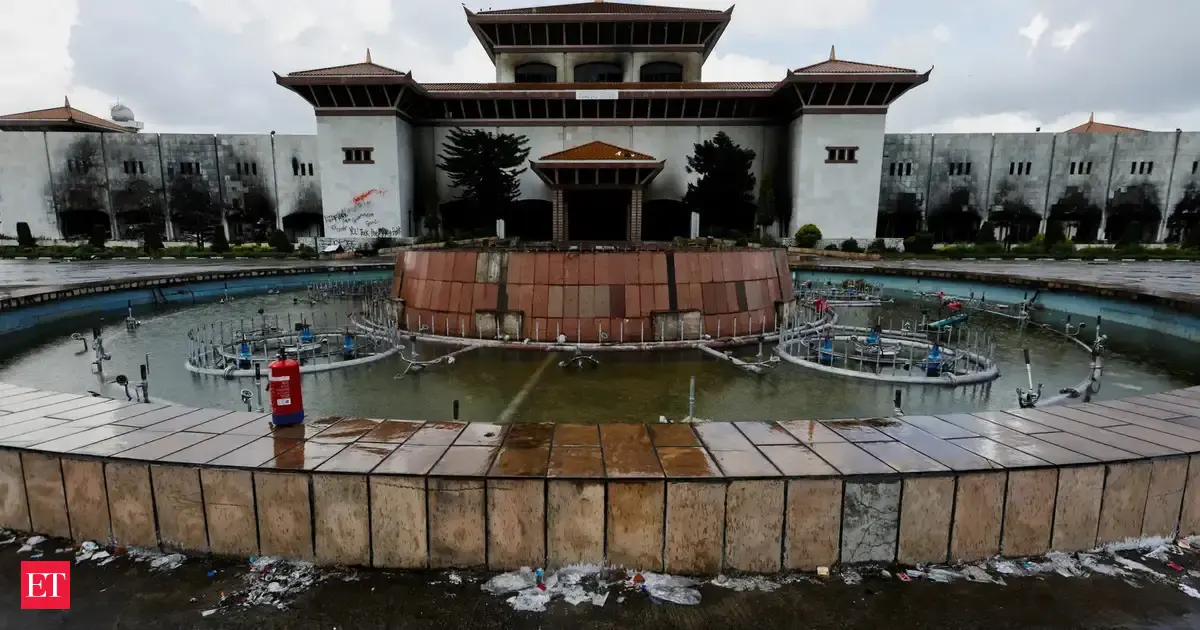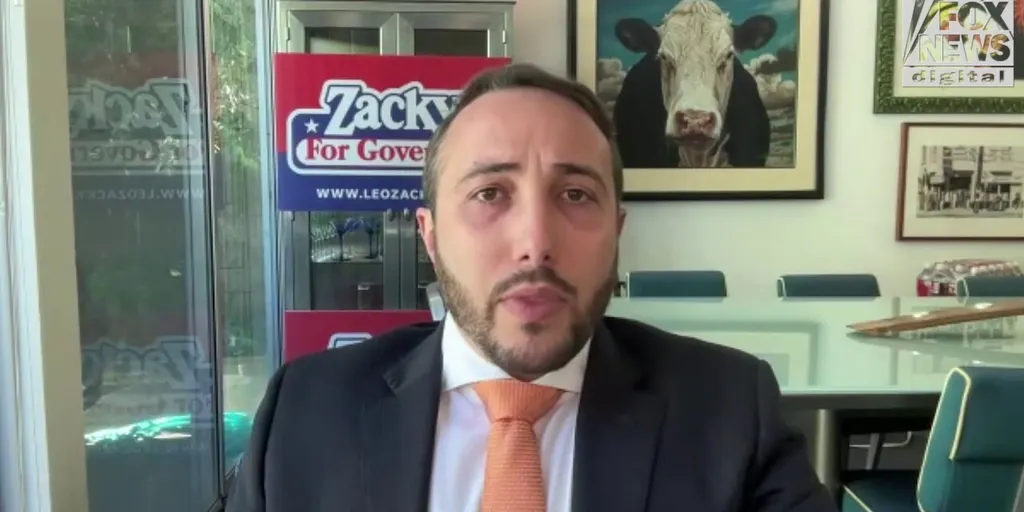Copyright brecorder

ISLAMABAD: The ruling Pakistan Muslim League-Nawaz (PML-N) confirmed on Monday that it is engaged in intense negotiations with its coalition partners, including the influential Jamiat Ulema-e-Islam-Fazl (JUI-F) and several smaller allies, over the proposed 27th Constitutional Amendment – a highly contentious piece of legislation. A senior PML-N leader, speaking on condition of anonymity, told Business Recorder that the ruling party is in extensive talks with its coalition partners, as well as the JUI-F, to secure passage of the amendment. Sources suggest the amendment could significantly alter Pakistan’s political landscape. However, the coalition is facing significant hurdles, with key partners, including JUI-F, wavering in their support. Maulana Fazlur Rehman, the fiery JUI-F chief, remains a pivotal figure in the negotiations. Despite his earlier backing of the contentious 26th Amendment, sources say he has remained noncommittal on fully supporting the 27th Amendment. “We are still negotiating,” the PML-N leader said, emphasising the high-stakes nature of the talks. “If consensus is reached, the amendment could be presented in the National Assembly during the forthcoming session, scheduled for November 5 – though that seems unlikely.” Even as the ruling coalition scrambles to secure a majority, the Pakistan People’s Party (PPP)– a key government ally – has raised significant concerns. Background discussions with senior PPP leaders reveal deep reservations, with many warning that the 27th Amendment could undo crucial decentralising reforms, particularly the 18th Amendment, which strengthened provincial autonomy. “Passing this bill would be next to impossible as things stand,” said one senior PPP leader, speaking on condition of anonymity. Another senior PPP leader, known for his expertise in constitutional matters, did not mince words. “If you were to ask me, I would have already parted ways with the coalition,” he declared. “The landmark 18th Amendment was a key achievement of the PPP, and supporting the 27th Amendment – especially in its controversial form – would be political suicide for the party.” He added that the 18th Amendment was crucial in empowering the provinces and that any move to back the 27th Amendment, even under external pressure, would undo that legacy. “The PPP bears a heavy responsibility,” he continued. “If the party fails this test and blindly follows the government’s agenda, it will be the biggest loser in this political game.” Critics from opposition parties, especially the embattled Pakistan Tehreek-e-Insaf (PTI), have already voiced vehement opposition. PTI spokesperson Sheikh Waqas Akram made it clear that the unrepresentative and illegitimate regime lacked the legal, political, and moral authority to alter the constitution. He pointed out that the regime had already politicised and paralysed state institutions, particularly the judiciary, through the forcibly enacted, agenda-driven, and self-serving 26th Amendment. “We will resist, tooth and nail, any further attempts to undermine the 18th Amendment and provincial autonomy,” he vowed. “This regime cannot even manage the affairs of the federation and has no right to erode the powers of the federating units,” he warned, calling such actions a direct threat to the very foundations of the federation. He further criticised the government’s policies, claiming they have crippled the economy and shattered public trust. “The day is not far when the truth will prevail, justice will be served, and Pakistan will rise again under Imran Khan’s leadership,” he vowed. “The path forward is not through further manipulation and oppression, but through honouring the people’s mandate and restoring constitutional integrity,” Akram concluded. Legal experts are also sounding the alarm about the potential consequences of the 27th Amendment. If passed, they warn, it could further centralise power in Islamabad, alter the judicial appointment process, and undermine the financial balance between the federal government and the provinces. “This amendment is a ticking time bomb,” one legal analyst remarked, emphasising the fragility of the country’s already delicate political structure. The echoes of the country’s recent constitutional battles are still reverberating. The contentious 26th Constitutional Amendment, passed in October 2024 under intense opposition, remains embroiled in legal challenges. It is currently under review by the Supreme Court, with judges set to rule on its constitutionality. Now, with the 27th Amendment looming, Pakistan’s constitutional future appears to be at yet another critical juncture. Copyright Business Recorder, 2025



